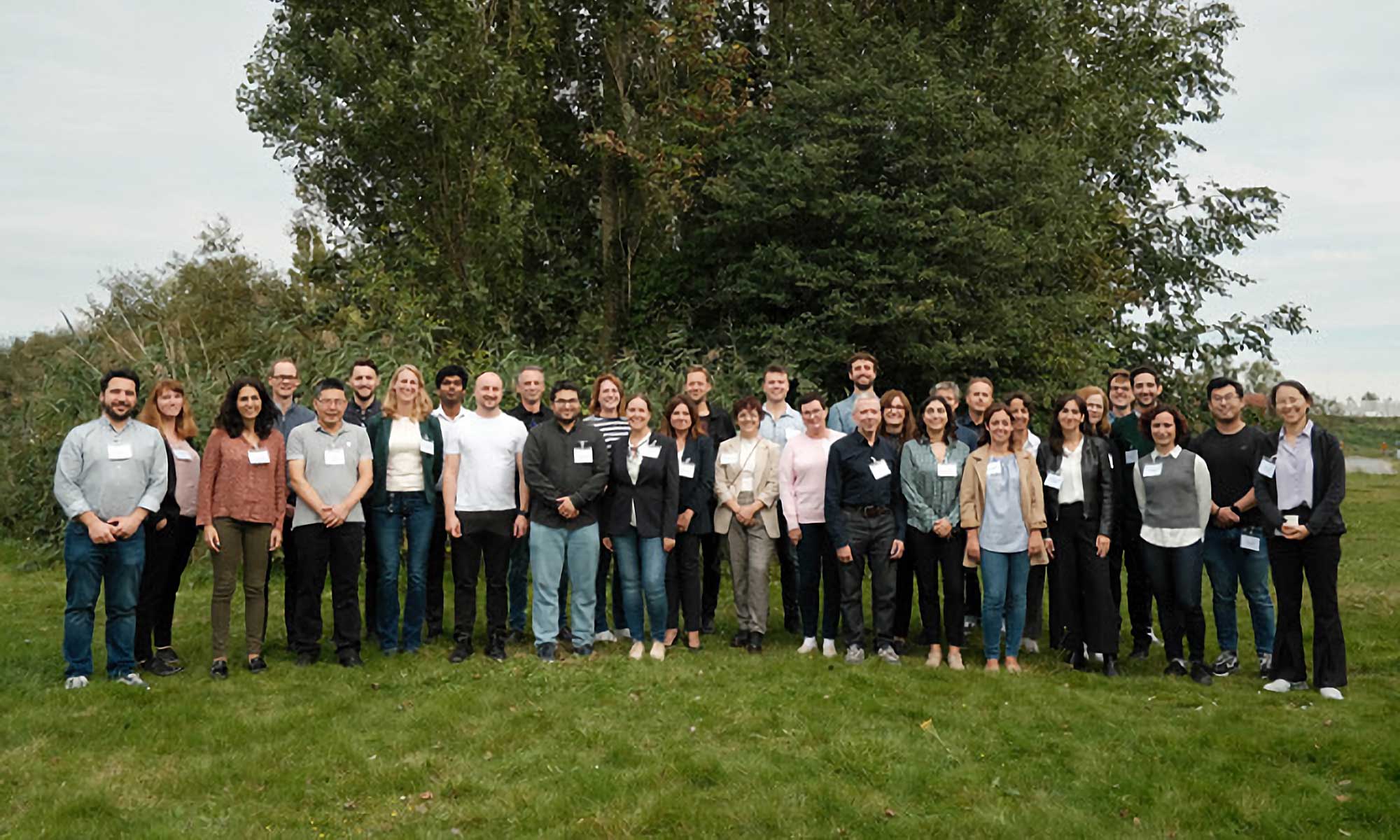HICCUPS literally stands for “Highly Innovative technology demonstration for biobased CO2 Capture and Utilisation for production of bulk plastics applications.” In other words, it concerns an innovative method to convert biogenic CO2 from wastewater treatment plants into biobased polymers (specifically PLGA, also called Poly) for the packaging industry.
PLGA (in full polylactic-co-glycolic acid) is a polymer with excellent water and gas barrier properties, fully biodegradable and made entirely from renewable resources. This makes it a promising candidate for replacing fossil polyethylene (PE), which currently is the most used plastic worldwide. To demonstrate PLGA’s potential, (food) packaging materials such as PLGA film-coated paper and moulded plastic will be produced.
Value chain
The entire value chain will be demonstrated in this project, from the capture of biogenic CO2 to its final application in products. Global group ACCIONA will build a demonstration plant in Spain to capture and purify biogas from the anaerobic digestion of waste sludge. This will be done in cooperation with Aqualung Carbon Capture Company (Norway) and research partners SINTEF (Norway) and FUNDITEC (Spain).
Dutch renewable chemicals developer and project coordinator Avantium will produce the PLGA using two innovative technologies: first, electrochemical conversion of CO2 to oxalic acid, followed by reduction to glycolic acid and subsequent polymerisation of glycolic acid into PLGA. Avantium will be work closely with research partner VTT (Finland).
Project partners WALKI (Finland) and Tecnopackaging (Spain) make packaging materials with PLGA, mainly for the consumer market. On their industrial pilot plants, they will produce and test these materials, including paper coatings with PLGA. The University of Ferrara (Italy) will conduct the processing research to determine the optimal conditions for the paper coating.
Accompanying studies
To demonstrate the potential of HICCUPS technology for the packaging industry, a number of accompanying studies will be launched during the project, by well-known institutes such as the University of Amsterdam, INRAE (France) and the nova Institute (Germany). These will include digital projections, life-cycle analyses, biodegradability and recycling studies and a comprehensive business case analysis. Nova-Institute and Avantium will handle dissemination, communication and knowledge transfer.
The HICCUPS project started in September 2023 and will run until the end of August 2027. It receives a grant of €5 million from EU Horizon Europe. More information will soon be available on the project website.
Image: HICCUPS Project Team



